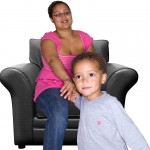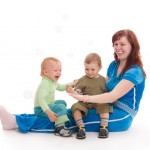
As you know, we at Elf towers are committed to making research evidence available in a way that helps people who support people with learning disabilities to be evidence based. However, as well as knowledge based practice, we also recognise that practice based knowledge – what we all learn from our experiences of being supported [read the full story…]







